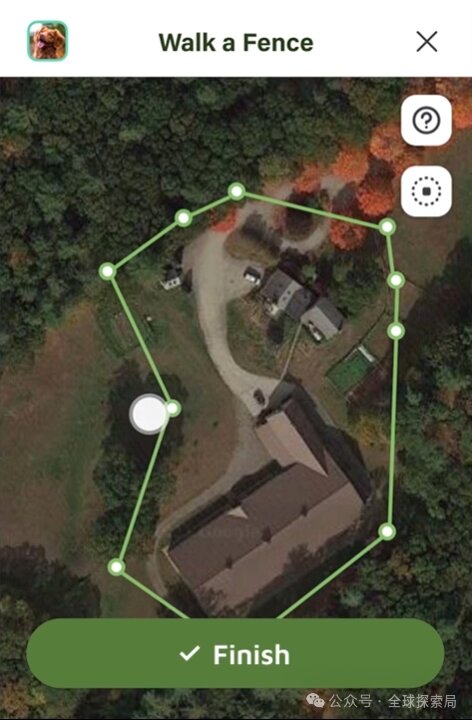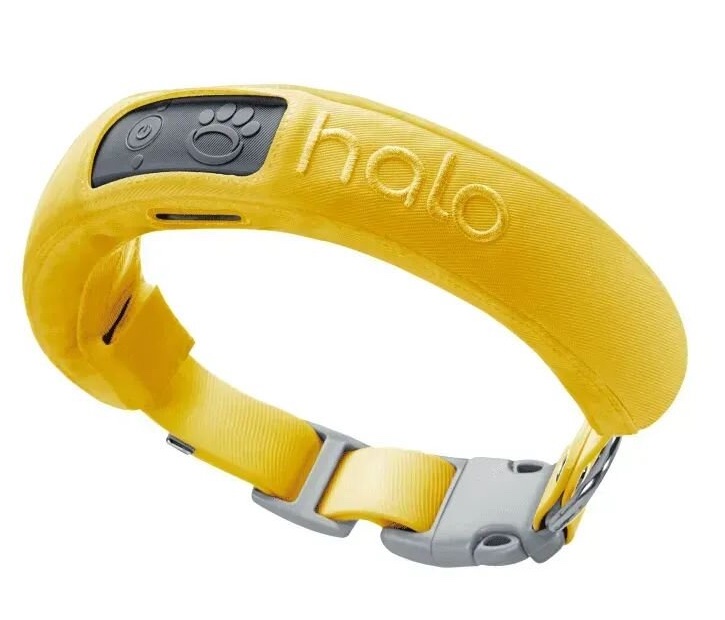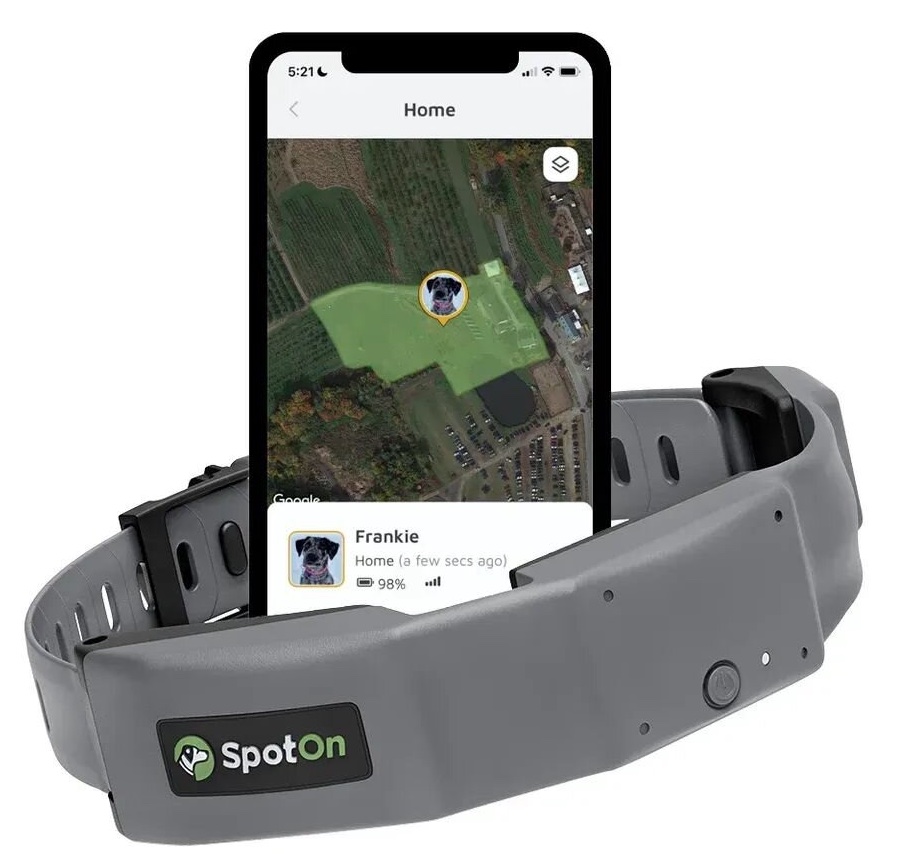In recent years, the pet industry has experienced a remarkable boom, becoming an integral part of the lifestyle for many people worldwide. Cats and dogs, being the most common companions, often embark on unexpected adventures, leading their owners on frantic searches when they go missing. This universal dilemma of pets successfully “escaping” has caused much angst among pet owners, turning the retrieval mission into a weary marathon.
Despite being domesticated for thousands of years, both cats and dogs require ample exercise and space to stay healthy, making it nearly impossible for them to remain confined peacefully. This necessity for freedom often results in annual “escapes.” Pet owners have longed for a device that could allow them to confidently pinpoint their pet’s location at any given moment, restrict their roaming area, and issue alerts when they breach these boundaries. Enter the smart pet collar, an innovative GPS-based solution addressing this need.
Smart collars, equipped with advanced technology, have emerged as a crucial tool in managing pet safety and behavior. They allow users to create precise electronic perimeters using apps, ensuring pets stay within safe zones. For further insights into the behavioral training of animals, one might delve into studies like those discussed in “The World Outside of Skinner’s Box,” which explore animal domestication behaviors.
The global pet economy is rapidly expanding, but to succeed on a worldwide scale, companies must focus on localizing their offerings. The one-size-fits-all approach of yesteryears struggles against today’s fierce competition. Crucially, RFID-based pet chips, often misunderstood as locational tools, function merely as identifiers akin to ID cards. They lack GPS functionalities, meaning that if a pet wanders off and isn’t found by a rescue or management entity, locating it remains impossible.
Apple’s AirTag, though popular, relies on Bluetooth and Wi-Fi signals and requires proximity to an iPhone to function effectively. In remote or sparsely populated areas, such devices face limitations and could leave pet owners in distress.
Interestingly, Halo, a popular smart collar brand, recently received investment from Decathlon, boosting its valuation to an impressive $400 million as of the latest assessments. This highlights the significant potential and burgeoning interest in smart pet collar technology, showcasing its role in revolutionizing pet care and safety.



